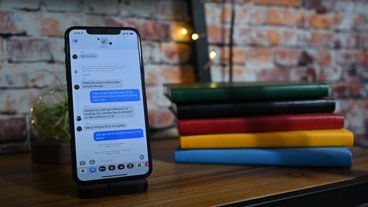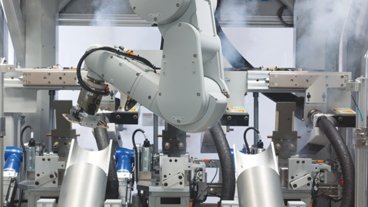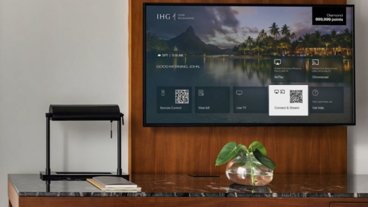Apple scores back to back wins vs. Google's Motorola in German, ITC patent cases
Apple gained two favorable court decisions in its patent battles with Google's Motorola subsidiary today, one in Germany and other at the U.S. International Trade Commission.
Guilty verdict against Google in Germany halts its Motorola case against Apple
In the German case, as outlined by patent law expert Florian Mueller of FOSS Patents, Judge Andreas Voss issued a stay requested by Apple, suspending the case pending the results of an ongoing antitrust investigation by the European Commission examining Google's use of Standard Essential Patents (SEPs) against Apple.
Google's use of SEP, particularly its threats to leverage those patents to gain injunctions against Apple's sales if its onerous demands for licensing royalties were not met, has turned the patent dispute into an antitrust investigation.
Google has sought to use the patents it acquired with Motorola Mobility to win extraordinary royalty claims against both Microsoft and Apple, related to products making use of H.264 video codecs, WiFi 802.11 wireless networking, and even 2G GPRS mobile data.
Apple and Microsoft have both argued that Google's demands are neither Fair, Reasonable nor NonDiscriminatory, with Apple noting in particular that Google was asking for 12 times the usual royalty rate.
Patent abuse by Google and Samsung related to SEPs (which are committed to licensing on FRAND terms) sparked an investigation by the EC last year, and this summer the group handed down a preliminary antitrust ruling finding Google guilty, similar to an earlier guilty finding against Samsung.
ITC denies Google a rehearing over Apple's patent claims
Motorola got a second setback today when the United States Court of Appeals for the Federal Circuit denied a motion by Motorola Mobility for a rehearing of a decision favorable to Apple.
Back in October 2010, Motorola Mobility had sought to impose an ITC import ban against Apple, resulting reciprocal legal action by Apple. Claims on both sides were dismissed by judge Richard Posner in June 2012.
Judge Posner has described patents (at least in the smartphone industry) as being, in his opinion, unworthy of protection by the courts, an example of America's patent-related lawsuits being a crapshoot where the outcome may be based simply upon the arbitrary feeling of the particular justice ruling that day.
However, a favorable appeal won by Apple in August reasserted two Apple patents at issue in the ITC's ongoing investigation. Today's decision blocks Google's request to rehear that decision.
"This is very significant progress for Apple in its patent enforcement efforts against the Google subsidiary and the wider Android ecosystem," Mueller wrote."This is very significant progress for Apple in its patent enforcement efforts against the Google subsidiary and the wider Android ecosystem" - Florian Mueller
Apple's original case involved three patents. The appeals court reprimanded the ITC and reversed its decision on two of the original patents in question:
- U.S. Patent No. 7,663,607: "Multipoint touchscreen"
- U.S. Patent No. 7,812,828: "Ellipse fitting for multi-touch surfaces"
Mueller further noted, "the two patents that Apple revived on appeal are multi-touch patents that have previously been asserted, then withdrawn, but could be reasserted anytime against Samsung."
The two patents join a series of others Apple is strategically using to stop what it has regularly referred to as the "slavish" copying of its product inventions and designs, including the so-called "Steve Jobs patent" that was challenged at the US Patent and Trademark Office only to be fully reaffirmed in a form stronger than it was prior to the reexamination in mid October.
Samsung case continues next week
In parallel, the initial Apple v. Samsung litigation in the Northern District of California will continue next week, with a retrial hearing to clarify the state of $400 million of the initial $1 billion settlement Apple won against Samsung last fall related to patent infringement.
A jury will decide whether to award more, less or an equal amount of damages to Apple related to the $400 million portion of the original awarded disputed by Samsung over confusion and flawed responses by the original jury related to their damage award.
Apple presented a simplified jury verdict form that Judge Lucy Koh approved on Tuesday. She also rejected Samsung's efforts to create a more complex and potentially confusing breakdown that would make it easier to again re-challenge whatever the jury decided.
"Samsung has been unsuccessful so far with its attempts to muddy the water for the new jury," Mueller wrote, outlining a series of attempts the company has made to add layers of complexity to the jury verdict form.
 Daniel Eran Dilger
Daniel Eran Dilger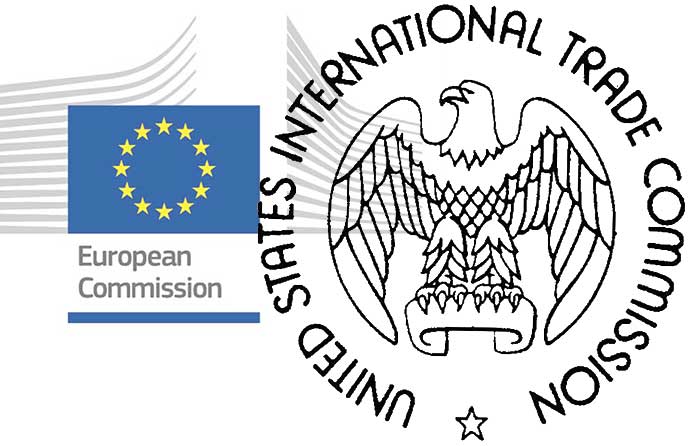
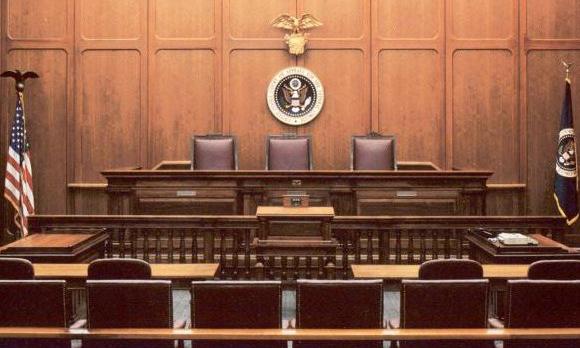











 Andrew Orr
Andrew Orr
 Wesley Hilliard
Wesley Hilliard
 Amber Neely
Amber Neely

 William Gallagher
William Gallagher

 Malcolm Owen
Malcolm Owen
